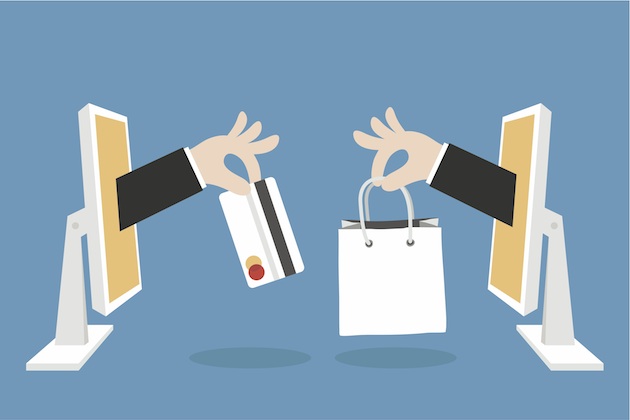When is it ethical for technologies to collect and use personal information?
Summary: Is it ethical for websites, apps, or other technologies to collect and use personal information? On one hand, there’s no shortage of examples about how this practice can appear unscrupulous. For instance, social media sites and apps may harvest our private data in order to addict us to these platforms.
On the other hand, there are ethical ways for websites and apps to collect and use personal information. For example, here are some some rules of thumb to help make sure this practice stays ethical:
- The information must be safeguarded to protect our privacy and security.
- The information should be relevant to the task we’re trying to complete.
- The task ought to align with a goal that is in our best interest.
Unethical ways to collect and use personal information
Readers of this blog know I’ve been critical of several social media sites and apps, especially those that collect and use personal information—sometimes without the clear consent of end users. To be sure, collecting and using people’s private data is not always a bad thing. The problem lies in how websites and apps get hold of this info and what they do with it exactly.
For instance, social media sites and apps may harvest our private data in order to addict us to these platforms. Here’s how this practice (sometimes called surveillance capitalism) works:
- First, hijack our attention with ads or content whenever we log on to social media. Hence, social media websites and apps will place click-bait ads and viral content in our news feed or timeline.
- Next, monitor our behavior by collecting all the data we leave traces of online. The data collected may include our ‘likes’ and even the amount of time we spend scrolling and glancing at certain ads or content.
- Then, manipulate what we see on our news feed or timeline. This manipulation occurs by offering advertisers and outside parties access to our data, so that they can target us with more ads and content that’ll keep us ‘liking’ and scrolling endlessly—if not addictively! (Indeed, there’s a growing recognition that “scrolling is the new smoking.”)
From an ethical standpoint, it’s easy to see how this addictive design isn’t in the best interest of the people using these websites or apps.
Ethical ways to collect and use personal information
Nevertheless, there are ethical ways for websites and apps to collect and use our personal information. For example, here are three rules of thumb to help make sure this practice stays ethical:
- Always safeguard our personal information to protect our privacy and security online.
- Only collect relevant information needed for the task we’re trying to complete on the website or app.
- Try to ensure the task aligns with a goal that’s in our best interest.
To illustrate these rules, let’s look at a common activity: online shopping with e-commerce sites and apps.

The ethics of online shopping and e-commerce
Whenever we shop for something online, the e-commerce site or app will have to access some of our personal information, such as our full name, home address, and credit card. We wouldn’t be able to shop online otherwise. In this case, it’s ethical for websites and apps to collect and use our personal information, as long as they follow some rules of thumb.
Rule 1: The information being collected must be safeguarded to protect our privacy and security online.
A lot of our data may be confidential. So we need to be able to trust websites and apps to keep our personal information safe.
In addition to employing cybersecurity measures (such as encryption, passwords, identity authentication, etc.), these sites and apps shouldn’t harvest our private data for outside parties, at least not without our clear consent.
Rule 2: The information being used should be relevant to the task we’re trying to complete.
After all, that’s often the reason we use a particular website or app: to complete a task. We provide an e-commerce site or app with our full name, home address, and credit card, because it needs this information to complete our purchase.
In general, the website or app shouldn’t collect any data it doesn’t need for that specific task.
Rule 3: The task ought to align with—or at least not run contrary to—a goal that’s in our best interest.
When shop online, we’re completing a task: making a purchase. But this task is part of a goal: buying something we need at an affordable price. Alternatively, if what we need isn’t available for purchase, then the goal could be recommending something similar at a comparable price to best accommodate us.
Either way, this goal is clearly in our best interest—or at least not contrary to it. For instance, the goal isn’t, nor should it be, to relentlessly recommend anything and everything under the sun, regardless of our actual needs, until we feel compelled to buy impulsively like shopaholics! In other words, the goal is to help us complete our shopping, not to addict us to shopping.
Principles of ethical design
To make sure websites, apps, and other technologies collect and use our personal information ethically, we need to articulate some clear rules of thumb.
In the user experience (UX) profession, these rules are commonly referred to as principles of ethical design. Here, we mentioned three of them:
- Always safeguard personal information to protect the privacy and security of users.
- Only collect relevant information that’s needed for the task those users are trying to complete.
- Try to ensure the task aligns with a goal that’s in the best interest of the people using the website, app, or technology.